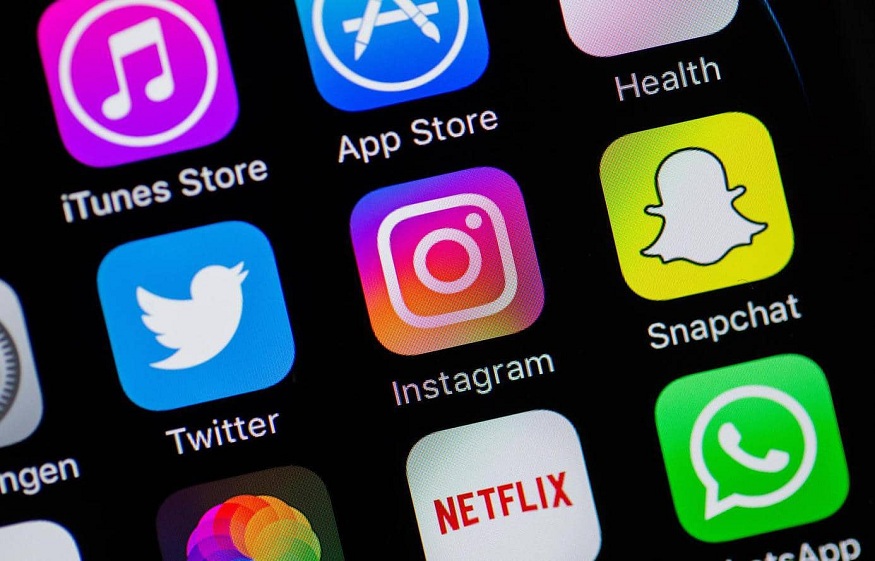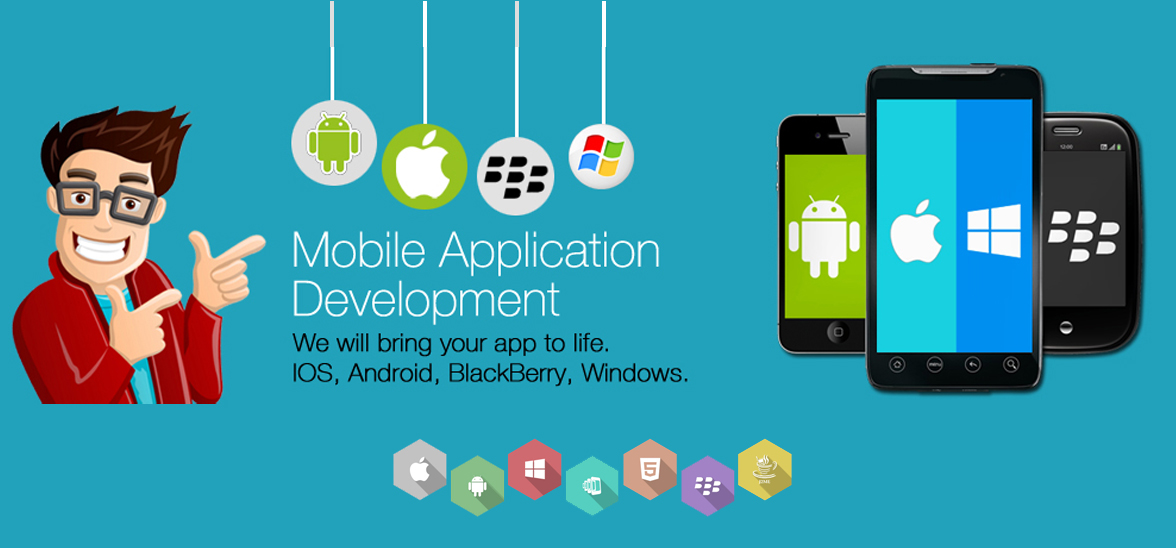When you visit the App Store, you’ll see millions of apps that were built by developers using Xcode, Apple’s development environment. You can also find apps that were signed using certificates issued by Apple’s Developer Program. Signed apps can come from a variety of sources: organizations can sign their apps and install them on their devices; developers can sign apps using certificates issued by Apple’s Developer Program, or an app can be signed with an unknown certificate which means it cannot be added to the App Store. In this article, we’ll explore what signing your app means for developers and iOS users alike.
You can use the certificate issued by the Apple Developer Program to sign the application
If a developer wants to sign an app with the Developer Program, they can do so by downloading a certificate and installing it on their computer. When you try to install or run an app with that Developer Program certificate, it will check your device for compatibility with the certificate. This is done to prevent unauthorized apps from running on unauthorized devices, which means that even if someone tries to download your signed app (App签名)from somewhere other than the App Store (say, by using another Apple device), it won’t run unless their device’s identifier matches yours.
Apps signed by an unknown certificate cannot be added to the App Store
A [certificate] is a digital identity that allows you to sign your app so that users can trust that the app comes from you and hasn’t been tampered with or modified.
A [certificate authority (CA)] is an organization that issues certificates. Apple is the CA for all apps in the App Store. If you use a certificate issued by another CA, it will not be accepted by iOS devices or Mac computers.
The [Code Signing Certificate] is used to sign your app with a unique signature to prove its authenticity and prevent tampering as well as unauthorized distribution on an App Store or Enterprise Server. A Code Signing Certificate also provides a verified cryptographic key pair used for the encryption/decryption of sensitive data within your app’s container file format configurations (IPA).
Apps signed by a known certificate can be added to the App Store but must meet other criteria
Apps signed by a known certificate can be added to the App Store but must meet other criteria.
To submit a new app, it needs to be built for the latest iOS version and have an appropriate provisioning profile associated with it. This is true for apps that are removed from testing or submitted for review in iTunes Connect. To build an app for a given SDK version, you must have Xcode 10 or later installed on your computer so that you can use Apple’s Xcode build tools (which are included in those versions of Xcode). You also need to run these tools from Terminal because they cannot be run anywhere else on macOS, such as inside IDEs like Xamarin Studio or Visual Studio Code
Organizations can also sign their apps and install them on their devices
Apple has made it possible for organizations to sign their apps and install them on devices that are not registered with the Developer Program. To do this, they must first be enrolled in an Apple Volume Purchase Program (VPP) and then use the VPP portal or iTunes Connect to request that an app be signed by Apple. Once the app is signed, it can be distributed just like any other app on the App Store or through ad hoc distribution.
Signed apps can be found in the App Store
Signed apps(iOS App签名) can be found in the App Store, but they must meet several criteria. First, they must be signed by a certificate that’s already on your device. If you’ve added a developer’s certificate to your key chain and it’s still valid, you can install any app signed with that certificate without any problems—as long as the app is also on your device’s list of approved apps (which is possible if it was installed by an organization or if it has been updated).
If there isn’t a matching developer’s certificate for the app being attempted to be installed, then users will receive an error message saying this application can’t be opened because “it may cause damage” or something similar.
To sum up
As you can see, signed apps are a big deal in the App Store. It’s important to know what they are and how they work so that you can make sure your app is ready for distribution. If you want to learn more about developing iOS devices, check out our other blog posts!



